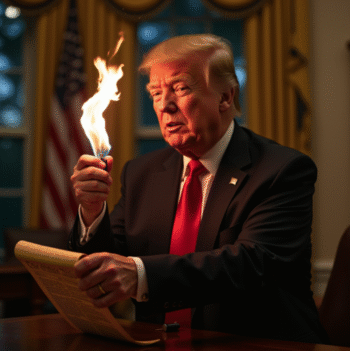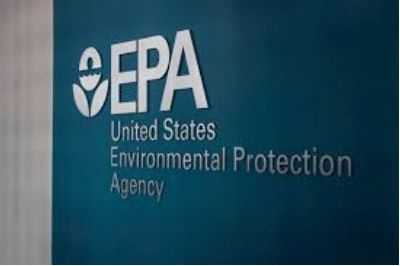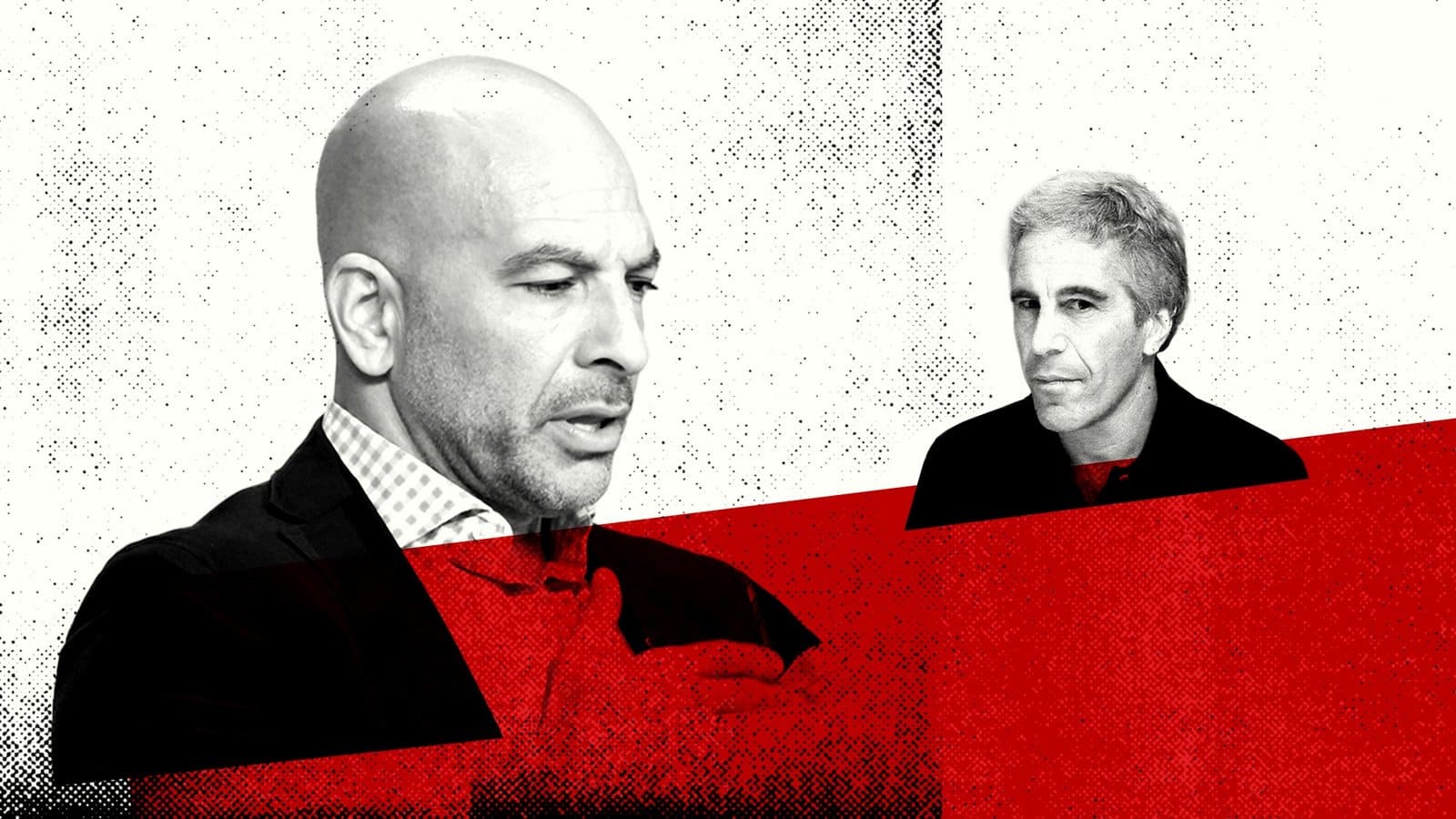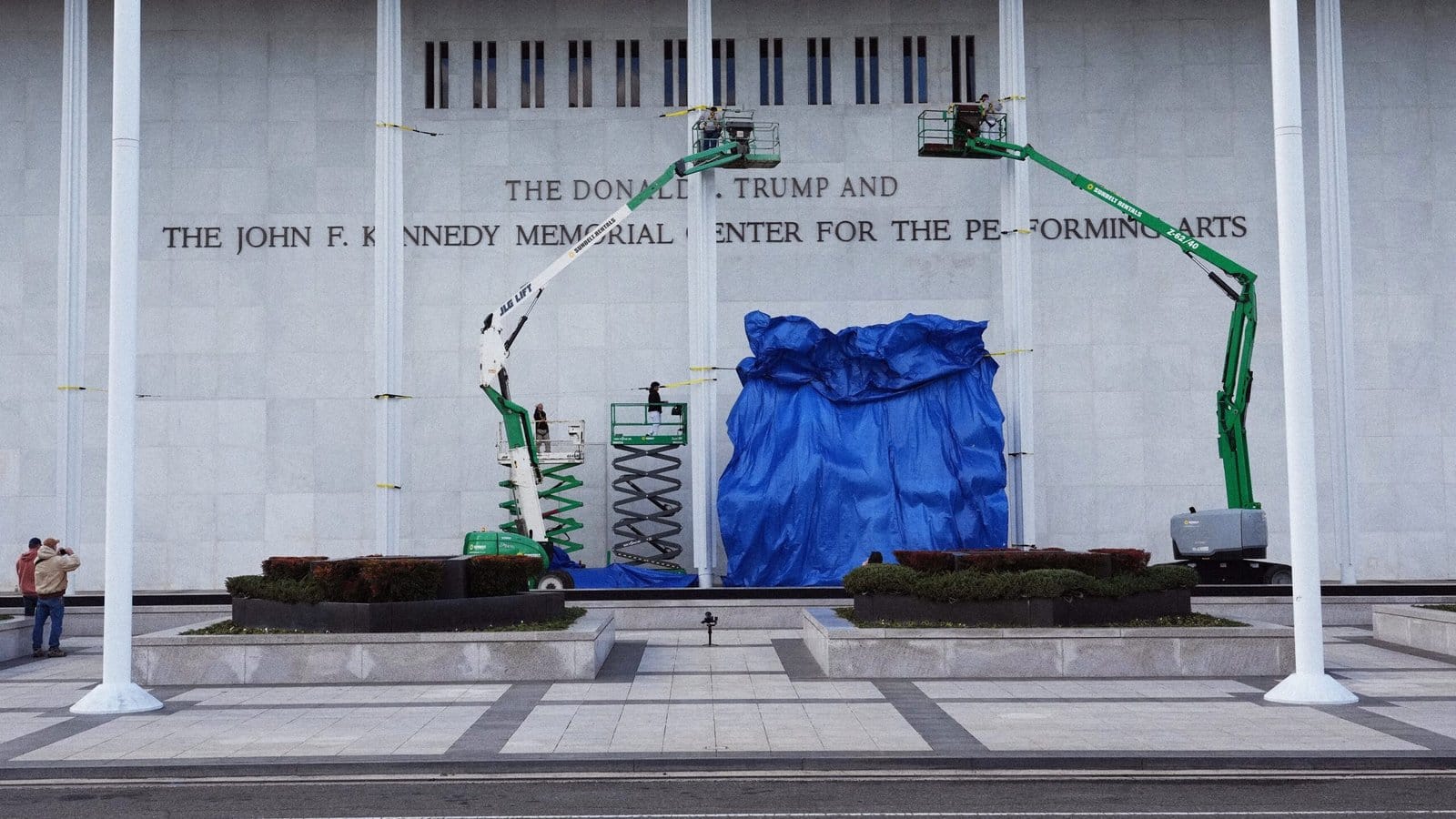
Trump burning the Constitution
Cliff Williams | July 13, 2025
In the months since Donald Trump returned to the presidency in January 2025, a troubling trend has accelerated: Congress is steadily ceding its constitutional authority to the executive branch, enabling Trump to expand his power with little resistance.
Legal scholars, former lawmakers, and democracy advocates warn that this surrender—whether out of fear, political loyalty, or calculation—poses a long-term threat to the balance of powers envisioned by the Founders.
“This is not just a crisis of one presidency,” said Linda Chavez, a constitutional law professor at NYU. “It’s a crisis of a legislature that no longer seems interested in doing its job.”
Congress Shrinks from War Powers
Perhaps most visible is Congress’s unwillingness to assert its authority over war powers. In June, President Trump ordered targeted airstrikes against Iran’s nuclear facilities , bypassing any consultation or authorization from Congress. While critics called the strikes a violation of international law and the War Powers Resolution, no formal congressional challenge followed.
“The Constitution gives Congress the sole authority to declare war,” said Sen. Chris Murphy (D-CT). “What we’re seeing now is an executive branch that acts unilaterally and a legislature that shrugs.”
The silence from Republican leadership was particularly striking. Rather than demanding oversight hearings or reasserting congressional prerogatives, most offered only tepid support or avoided comment altogether.
Power of the Purse
While the president does have constitutional authority over immigration, Congress, without a doubt can control how much of the tax payers money to allocate to this endeavor. He may say he wants more ICE agents but without congress approving the finds, he would be blocked.
Trump also has used his power to unilaterally withhold funds from Harvard and other intuitions that have created an environment that goes against his views. However. The Impoundment Control Act of 1974 prohibits the president from refusing to spend money that Congress has appropriated. We haven’t seen any push back from Congress stopping what is clearly only a power they have, not the President.
Investigative Power, Subpoenas Ignored
Congress’s oversight role has also weakened significantly. House and Senate committees, once vigorous in demanding accountability from the executive branch, have largely gone quiet. When Trump administration officials declined to appear before oversight panels or refused subpoenas related to alleged Hatch Act violations and classified document misuse, there was no enforcement—and no consequences.
In previous administrations, such defiance would trigger contempt votes or legal action. In 2025, it barely makes headlines. It seems the only subpoenas congress is concerned with are those issued to those Donald Trump sees as disloyal.
“If Congress doesn’t enforce its subpoenas, they aren’t worth the paper they’re printed on,” said Neal Katyal, former acting solicitor general. “Oversight has become performance, not governance.”
Eroding Institutional Norms
The deeper danger, experts say, is what this erosion of congressional power means for the future of American democracy. The Constitution was designed with co-equal branches of government. But with Congress unwilling to exercise its authority—whether on military action, oversight, or accountability—the balance is collapsing.
“This isn’t just about Trump,” said Chavez. “It’s about what we become if Congress never reasserts itself. A legislature that won’t check the president becomes a rubber stamp for power, not a counterbalance.”
Former Senator Jeff Flake put it more bluntly: “The Founders gave Congress the tools to stop a president from becoming a king. If Congress refuses to use them, then we’re the ones throwing away the republic.”
If current trends continue, historians may look back on 2025 not just as the year Trump returned to office—but as the year Congress quietly gave up the fight.






